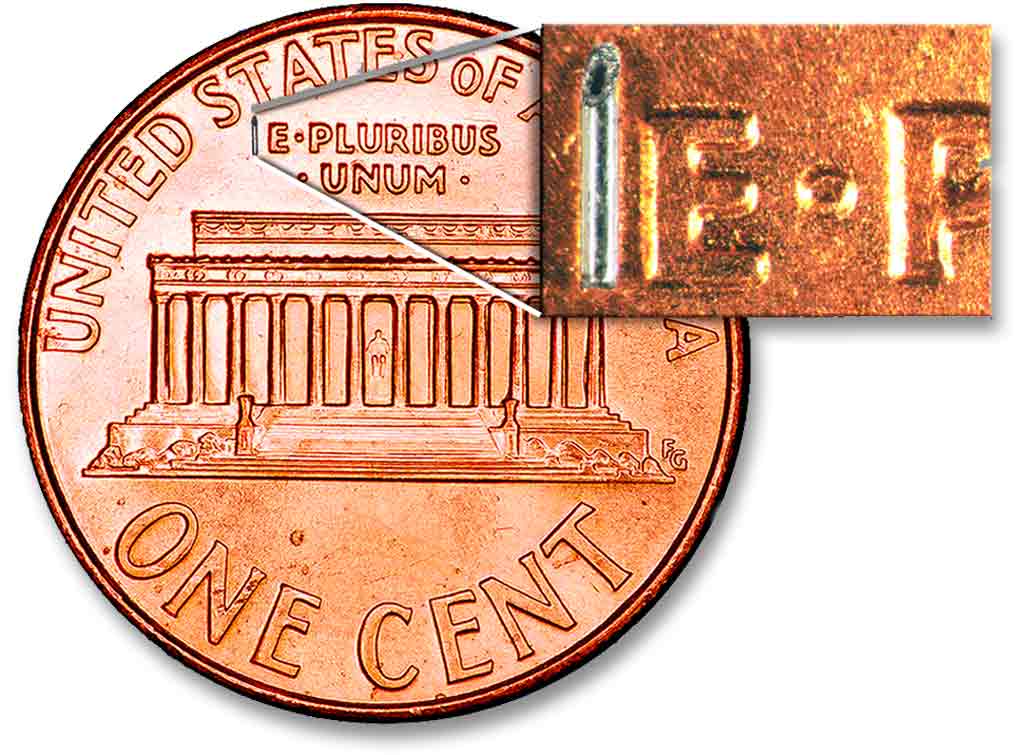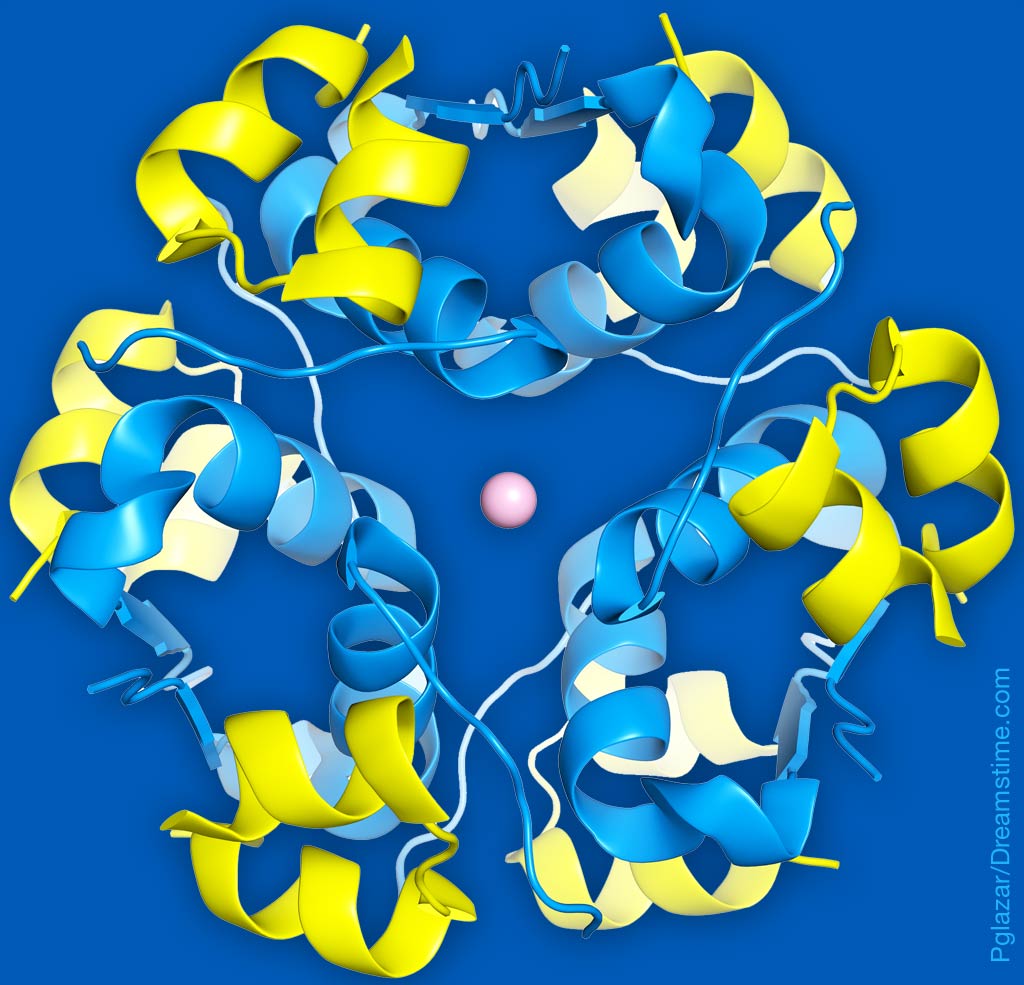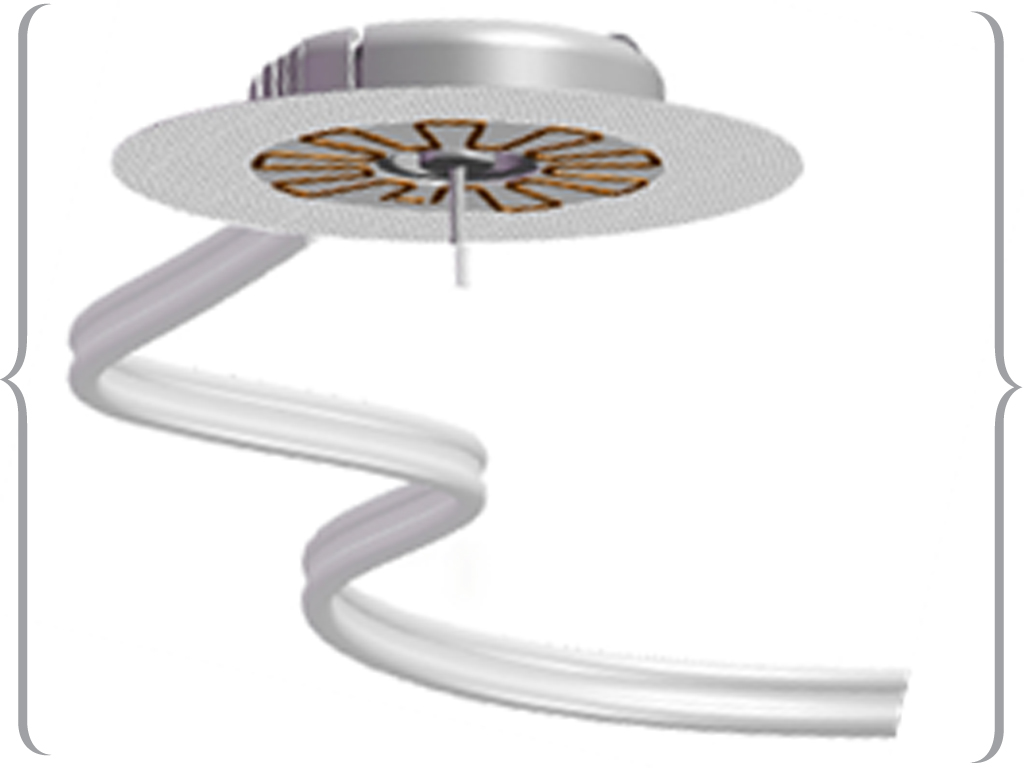Changing the Channel: Thinking More Positively About Chronic Illness

Nearly every minute of every day we have a stream of “noise” filling our heads. The TV is blaring in the background, people’s opinions and ideas streaming to our social media feeds, music filling our headphones, and the chatter of those around us. As this information flows by and through us, we focus on some of it and ignore other bits. We react with emotion to the pieces that inspire, alarm, or enrage us. Most of the time, this happens automatically and without intent on our part.
The overlord of all this information is our ego. It is that voice in our head that narrates our lives. As our day goes by, our ego listens and reacts to what is going on both inside our head and in the world around us. We process these events with further thoughts, emotions, and reactions. For most of us, the sum total of our thoughts, emotions, and reactions reflects our assessment of a good day versus a bad day. Happy or sad. Elated or defeated.
If we aren’t careful, we may give away our happiness to “whatever is playing” in the background. Unchecked, our ego is like a hungry reporter, looking for the most attention-grabbing headline it can find to generate the largest emotion. It can turn a simple misstep into a catastrophe of epic proportions. “The world is ending!” “You will fail!” “This will never get better!” “You will be unhappy forever!”
If we tune in to the ego, it just kicks things up a notch. Molehills become mountains, opportunities become challenges, and questions become fears.
It works this way for everyone, but if you have a chronic illness like I do, your ego has much more material with which to work. It whispers all sorts of terrible thoughts in your ear and tries to convince you of the worst possible outcome. It will say it is doing this to protect you, to keep you from harm, to keep you safe. It tells you that no one else really understands your situation and that you are alone. The ego needs your belief and cooperation to thrive. It needs you to focus on all that is wrong in the world. If you were always at peace, the ego would have nothing to report on or talk about! Pretty scary to think this character lives in our heads, and influences so much of our lives, right?
Luckily, you don’t have to succumb to the ego’s hysteria. When you notice you have landed on the ego channel, change it, rather than passively consuming its information.
The first step is to be aware when it is happening. You will know because your thoughts about yourself will not be very kind. If someone spoke aloud to you like the voice in your head, would you tolerate it? Probably not. Once you begin to notice the ego at work, consciously decide to think about something else.
Stop, take a deep breath, and change the channel. Tune into something positive. It doesn’t have to be anything huge. Notice the sun in the sky. Notice the feel of your shirt on your skin. Think of a loved one’s smile. Take a big whiff of your cologne. Make a list. Take a walk. Pet your dog. Remember what it felt like to finish that last project. Imagine a warm comfy bed.
There can be a zillion things on any day to notice and enjoy. You just need one. For that moment, choose to let go of the worry your ego is spewing and relax. Enjoy it. You are in control of the channel that is playing out your life. Grab the remote and pick something worth watching. Something you like.
Do you have an idea you would like to write about for Insulin Nation? Send your pitch to submissions@insulinnation.com.
Thanks for reading this Insulin Nation article. Want more Type 1 news? Subscribe here.
Have Type 2 diabetes or know someone who does? Try Type 2 Nation, our sister publication.







